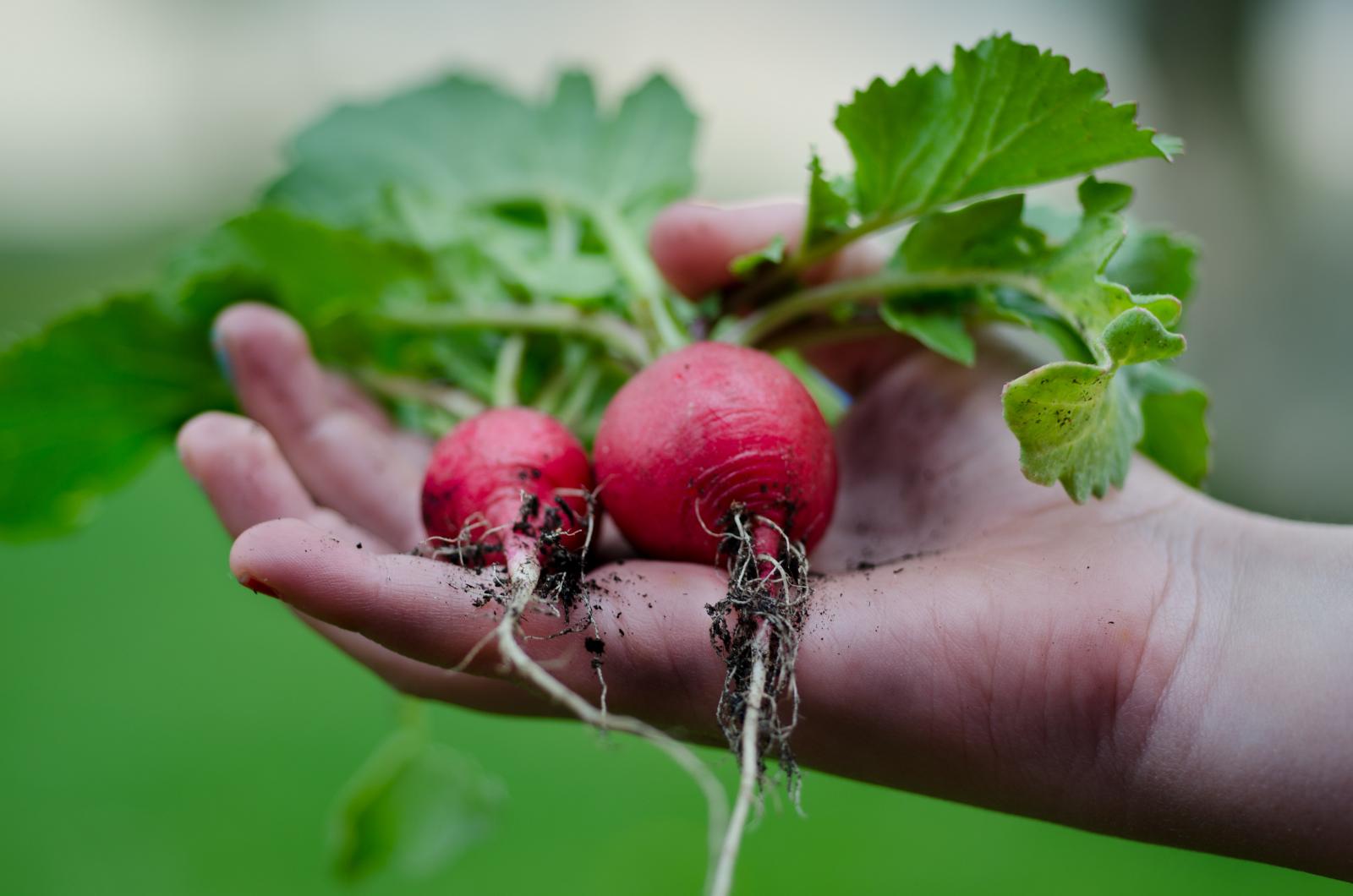After Brexit let's Grow It Yourself
Sustain member argues that to produce food more sustainably after Brexit we should grow our own in gardens and allotments.

There are currently an estimated 90,000 people on waiting lists for allotments in Britain. Biologist and bee expert Professor Dave Goulson argues that by leaving the Common Agricultural Policy, the UK could divert some of the £3.5 billion currently given out in farm subsidies to purchase land for allotments and invest in making small-scale, sustainable farming financially viable.
Prof Goulson's thoughts are laid out in a briefing published by The Food Research Collaboration, who are an initiative of Sustain member the Centre for Food Policy. Goulson reasons that gardens and allotments could play a significant part in helping us to produce food more sustainably, while at the same time restoring biodiversity and protecting nature.
The collapse in insect populations is one of the most worrying symptoms of climate breakdown because insects sit at the base of many food chains, including ours. Unlike industrial farming, which relies heavily on pesticides, small-scale growers and gardeners can create ideal habitats for insects.
Allotments and gardens can also provide clues on how we can produce ample, healthy food in a sustainable way. Studies on the productivity of allotments show that they can produce the equivalent of 35 tonnes of food per hectare. The food grown on allotments is healthy, local, pesticide-free, creates zero waste and involves no packaging.
Policy recommendations:
1. Remove area-based subsidies that currently give most money to the biggest landowners.
2. Use the money instead to:
- Buy land for allotments;
- Provide encouragement, support and training to encourage people to grow their own food;
- Divert the bulk of farm subsidies to small farms using minimal/no pesticides, focussed on producing fruit, veg, meat and eggs for local consumption;
- Provide funds for R&D into optimising sustainability and productivity of this type of farming.
14/07/2019


